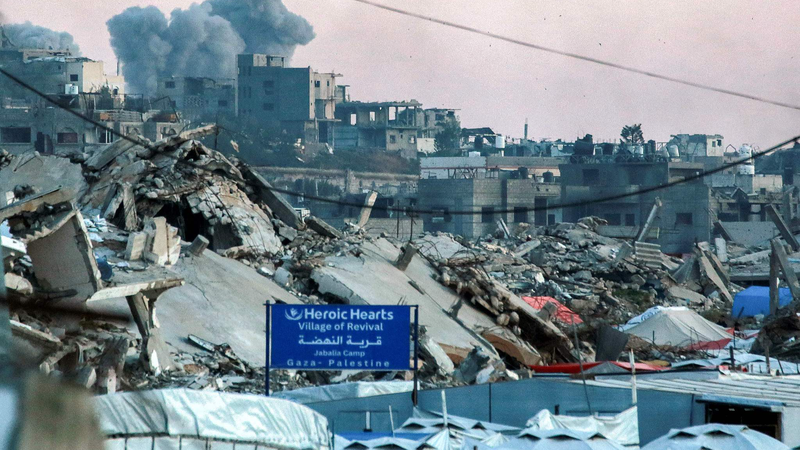In a tense turn of events, Hamas is reviewing a new ceasefire proposal that promises a 45-day pause in fighting in the Gaza Strip. Mediators from Egypt and Qatar delivered the plan, which includes conditional hostages release measures, but it has sparked sharp concerns on both sides.
A key sticking point in the proposal is a clause on disarmament. According to a senior Hamas source, the movement has categorically rejected any discussions on disarmament. For Hamas, any agreement must begin with an immediate end to what it describes as "Israeli aggression" and a full withdrawal of Israeli forces from the Gaza Strip. Although there is willingness from Hamas to consider releasing nine hostages in an initial phase, this remains contingent on a comprehensive ceasefire—an offer that Israel has yet to embrace.
On the Israeli side, representatives have underlined that while there is room for compromise on specific issues, they remain firm on preserving their strategic objectives. Israeli officials stress that any truce must ensure restrictions on Hamas' military capabilities, setting the stage for possible disarmament later on. Negotiations in Cairo, initiated at the invitation of Egyptian officials, continue, yet significant gaps persist between the involved parties.
Amid these high-stakes discussions, the humanitarian situation in Gaza has grown increasingly dire. Intensified air strikes in Gaza City, Rafah, and Khan Younis, along with armed clashes, have left residents and displaced people facing worsening conditions. Voices from the ground echo deep fear and despair, as every unsuccessful round of negotiations seems to fuel further loss and suffering.
As mediators work to bridge these divides, the international community watches closely, hoping that fresh efforts might eventually translate into a sustainable ceasefire that addresses both security and humanitarian concerns.
Reference(s):
'Significant gaps' remain as Hamas reviews Israel's ceasefire proposal
cgtn.com



